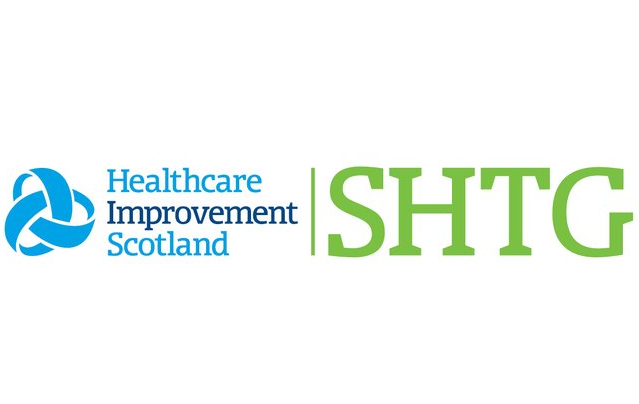Recommendations and SHTG Council considerations

SHTG Recommendations for NHSScotland
CCE-2 should not replace optical colonoscopy, but should be available as a diagnostic option in the current
pathway for patients who present with lower gastrointestinal signs and symptoms suggestive of colorectal
cancer and have a positive faecal immunochemical test (FIT). Evidence on clinical effectiveness and economic analysis indicate that CCE-2 should be reserved for patients at lower risk of colorectal cancer.
Communication with patients needs to be very clear in setting out why they are being offered CCE-2. Shared patient decision-making should take into account the relative risks of incorrect diagnoses in each available investigative procedure, and should acknowledge that a substantial proportion – approximately half - of CCE-2 recipients will require a follow up procedure.
Support should be provided to patients undergoing bowel cleansing to ensure the efficacy of CCE-2,
recognising the increased requirements surrounding the CCE-2 bowel preparation regimen compared with
colonoscopy and computed tomographic colonography.
The full cost effectiveness of CCE-2 remains unknown. Based on the SHTG cost analyses, CCE-2 appears to increase financial cost for the health and care system.
SHTG supports the introduction of a registry to continuously and consistently collect relevant patient outcome and cost data, and this should inform future service delivery.
The COVID-19 pandemic has had a considerable impact on access to existing optical colonoscopy services. The provision of a CCE-2 service may offer additional capacity to help meet colonoscopy demand.
NHSScotland is required to consider the Scottish Health Technologies Group (SHTG) advice.
How the Council reached the recommendation
The following points capture the Council’s deliberations towards agreeing the final recommendation (Council meeting date 29th July 2020).
- The Council heard that, since Evidence Note 86, additional evidence included further published primary studies, outcomes reported from the SCOTCAP trial showing the feasibility of implementing a CCE-2 pathway in Scotland, a budget impact analysis of the SCOTCAP study, and a patient organisation submission from Bowel Cancer UK. No cost effectiveness studies were identified.
- The Council noted the innovative nature of CCE-2 and the prospect of further development of this and similar technologies. The Council highlighted the potential innovation this brings, particularly for those living in remote areas of Scotland, but noted that the potential benefits need to be balanced with an understanding of the effectiveness and risks, so that doctors and patients can make informed choices.
- The Council discussed the potential for missed diagnoses amongst all investigative modalities. Based on the evidence available to the Council, the risk of missed diagnosis appears higher with CCE-2 compared with colonoscopy.
- The Council had concerns around the relative accuracy of CCE-2 and noted that the risk/benefit ratio worsened with increased risk of colorectal cancer. The Council agreed that the identification of patients who were at the lower end of the risk spectrum would maximise the benefits of CCE-2 while limiting missed diagnoses and the requirement for additional procedures.
- The Council discussed the rigour of CCE-2 bowel preparation compared with colonoscopy. For frail patients, who may already have a lower tolerance to colonoscopy, it was reiterated that CCE-2 would not be suitable for this patient group.
- The Council heard that CCE-2 will likely be cost inducing, driven by the majority of participants in the SCOTCAP trial requiring further investigative procedures. Modelling was based upon a proportion of patients with negative CCE-2 findings not requiring follow up; resource savings from the reduction in colonoscopy procedures were then offset against the additional cost of CCE-2. While CCE-2 is cost inducing, Council noted it was a cheaper and potentially more sustainable option than outsourcing or extending NHS provided colonoscopy services to achieve increased capacity.
- The Council highlighted the importance of longer-term monitoring of costs and outcomes. The further development of the existing SCOTCAP study registry, to a national registry, is vital to ensure continuous evaluation and inform future service delivery and technology development.
- The Council heard of the benefit of supportive pictorial information for patients about the pathway and the risk and benefits of investigation. The Council were supportive of the development of this information.
- The Council acknowledged that its role is to provide an independent view on the use of health technologies in Scotland. The Council recognised the current status of colonoscopy waiting lists and strain on services during the COVID-19 pandemic. The Council noted the Scottish Government’s decision to progress to a rapid adoption of CCE-2 to support endoscopy recovery, and associated guidance. Further guidance, taking into account patient outcome data and colonoscopy service capacity, should be developed in due course.
